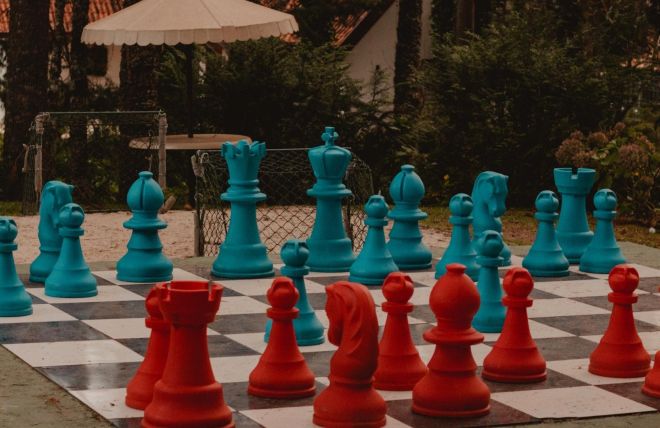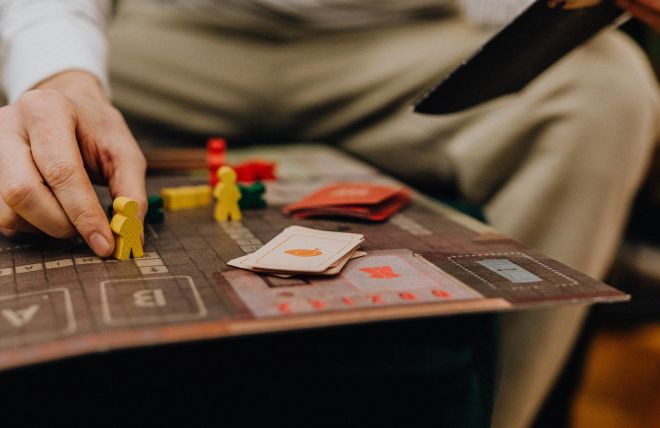Strategic planning is a vital activity for any organization that wants to ensure sustained growth and success. In community associations, collaborative work has risen by over 50% during the past decade, consuming 85% or more of a work week. The collaborative effort not only harnesses a variety of viewpoints but also facilitates a deeper engagement with the community’s goals and strategies. This blog post explores the importance of teamwork in the strategic planning process and offers practical tips for fostering collaboration within your homeowners association (HOA).
The Value of Teamwork in Strategic Planning
Teamwork in strategic planning brings multiple benefits:
- Diverse Perspectives: Different team members bring unique perspectives that enhance the depth and breadth of the planning process. This diversity can lead to more creative and effective solutions to the challenges faced by the community.
- Increased Buy-in and Participation: When members of the community are involved in the planning process, they are more likely to support and participate in implementing the strategies. This sense of ownership is crucial for the success of any plan.
- Improved Communication: Regular teamwork encourages open communication and establishes strong lines of dialogue throughout the community. This helps in clarifying goals, setting realistic expectations, and addressing any concerns that may arise.
- Enhanced Problem-solving: Teamwork allows for pooling different skills, experiences, and knowledge, which enhances the community’s ability to solve complex problems effectively.
Building Effective Teams for Strategic Planning
- Define Clear Roles and Responsibilities: Clearly define each team member’s role and responsibilities to avoid confusion and overlap. Ensure that every role aligns with the member's strengths and skills to maximize their contribution.
- Establish Open Communication: Create an environment where all team members feel comfortable sharing their ideas and concerns. Regular meetings, open forums, and anonymous feedback channels can facilitate this.
- Promote Mutual Respect: Encourage team members to respect different viewpoints and backgrounds. Mutual respect fosters a positive working environment and reduces conflicts.
- Set Common Goals: Ensure all team members are aligned with the common goals of the strategic plan. This alignment helps to focus efforts and drives the team towards shared objectives.
- Encourage Active Participation: Make sure that all team members are actively involved in the process. Active participation can be encouraged through regular engagement, recognition of contributions, and providing equal opportunities to speak and contribute.
- Provide Training and Support: Offer training sessions to develop the necessary skills for effective strategic planning. Support could also come in the form of resources, time, or mentoring from more experienced members.
Techniques to Enhance Teamwork in Strategic Planning
- Workshops and Retreats: Organize workshops or retreats focused on team-building activities that are directly related to strategic planning. These can help in breaking the ice and building trust among members.
- SWOT Analysis Sessions: Conduct SWOT (Strengths, Weaknesses, Opportunities, Threats) analysis sessions that involve all team members. This activity not only aids in strategic planning but also gets everyone involved in analyzing the association’s current position.
- Regular Progress Reviews: Hold regular meetings to review the progress of the strategic plan. These reviews allow for ongoing adjustments and keep everyone informed and engaged.
- Recognition and Rewards: Recognize and reward team members for their contributions to the strategic planning process. Recognition can be as simple as thanking members during meetings or as formal as awards in community gatherings.
Conclusion
Teamwork is essential in the strategic planning process of any community association. It not only enriches the planning process through diverse inputs and committed participation but also strengthens the community by building a culture of collaboration and mutual respect. By implementing effective team-building strategies and encouraging active participation, HOAs can ensure that their strategic planning efforts are successful and sustainable.
Sources:
- Athens-Clarke County Unified Government. (n.d.). Starting a neighborhood association guide. https://www.accgov.com/DocumentCenter/View/314/Starting-a-Neighborhood-Association-Guide
- Associa. (2020, August 18). How to create a strategic plan for your community in 5 steps. https://hub.associaonline.com/blog/how-to-create-a-strategic-plan-for-your-community-in-5-steps
- Clark Simson Miller. (n.d.). Budget for a community association: What to consider. https://clarksimsonmiller.com/budget-for-a-community-association-what-to-consider/
- Cedar Management Group. (n.d.). How to plan an HOA community event. https://www.cedarmanagementgroup.com/how-to-plan-an-hoa-community-event/
- American Planning Association, Florida Chapter. (n.d.). Florida Chapter of the American Planning Association. https://florida.planning.org







